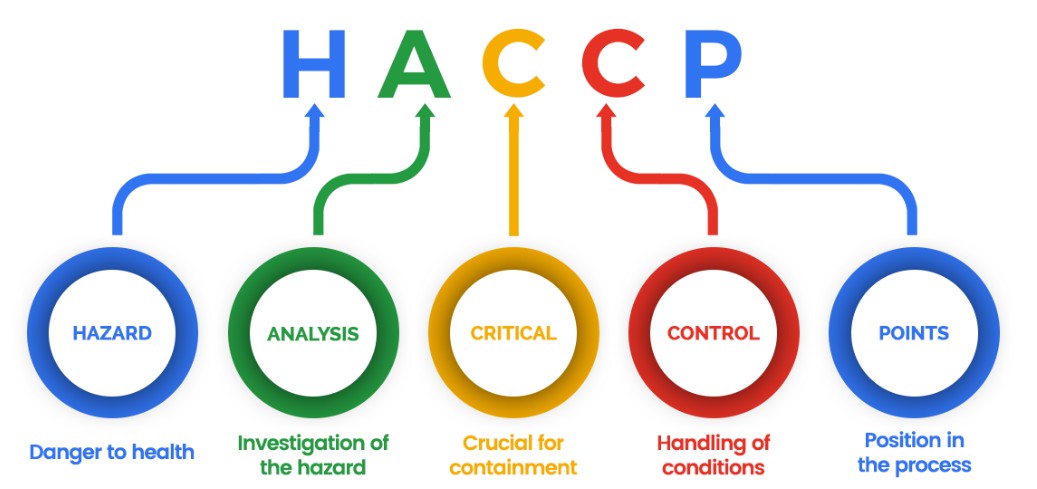


 349,500 Offered Certificates
349,500 Offered Certificates
 24/7 Online Training
24/7 Online Training
 Money Back Guarantee
Money Back Guarantee
 Fully Accredited Courses
Fully Accredited Courses

Created at: 26-02-2025 12:52
In the vibrant food industry of Ireland, ensuring safety and compliance is paramount. For restaurant owners, catering professionals, and food manufacturers in cities like Dublin, Cork, Galway, Limerick, Waterford, and Belfast, understanding and implementing Hazard Analysis Critical Control Point (HACCP) principles is not just beneficial; it is essential.
HACCP is a systematic approach to food safety that focuses on identifying and controlling potential hazards throughout the food production and preparation process. This proactive method helps to prevent food contamination, ensuring the safety of consumers and compliance with stringent food safety laws in Ireland.
In Ireland, food businesses must adhere to strict food safety laws, including the European Union (EU) food hygiene regulations. Non-compliance can lead to severe consequences, including fines, closures, and damage to your business’s reputation. HACCP training equips food handlers with the necessary skills to meet these legal requirements, making certification an integral part of operating a safe food business.
Becoming HACCP certified offers numerous benefits that extend beyond legal compliance. Implementing HACCP principles can lead to:
The path to HACCP certification involves several key steps:
With the growing demand for flexible training options, online HACCP training courses are becoming increasingly popular. They provide food safety managers and chefs the freedom to learn at their own pace while still covering essential topics for compliance and risk management.
While implementing HACCP can significantly enhance food safety, some common pitfalls include:
In a competitive market, consumers are becoming more educated about food safety. Compliance with HACCP offers a competitive edge, showing customers that your business prioritizes their health and well-being, thus fostering trust and loyalty.
Investing in HACCP training and certification is not only a legal requirement but a crucial step for food businesses in Ireland. By following established guidelines and principles, businesses can mitigate risks, enhance safety measures, and protect public health. To learn more about our HACCP training courses, contact us at [email protected] to enroll today and ensure your business excels in food safety!